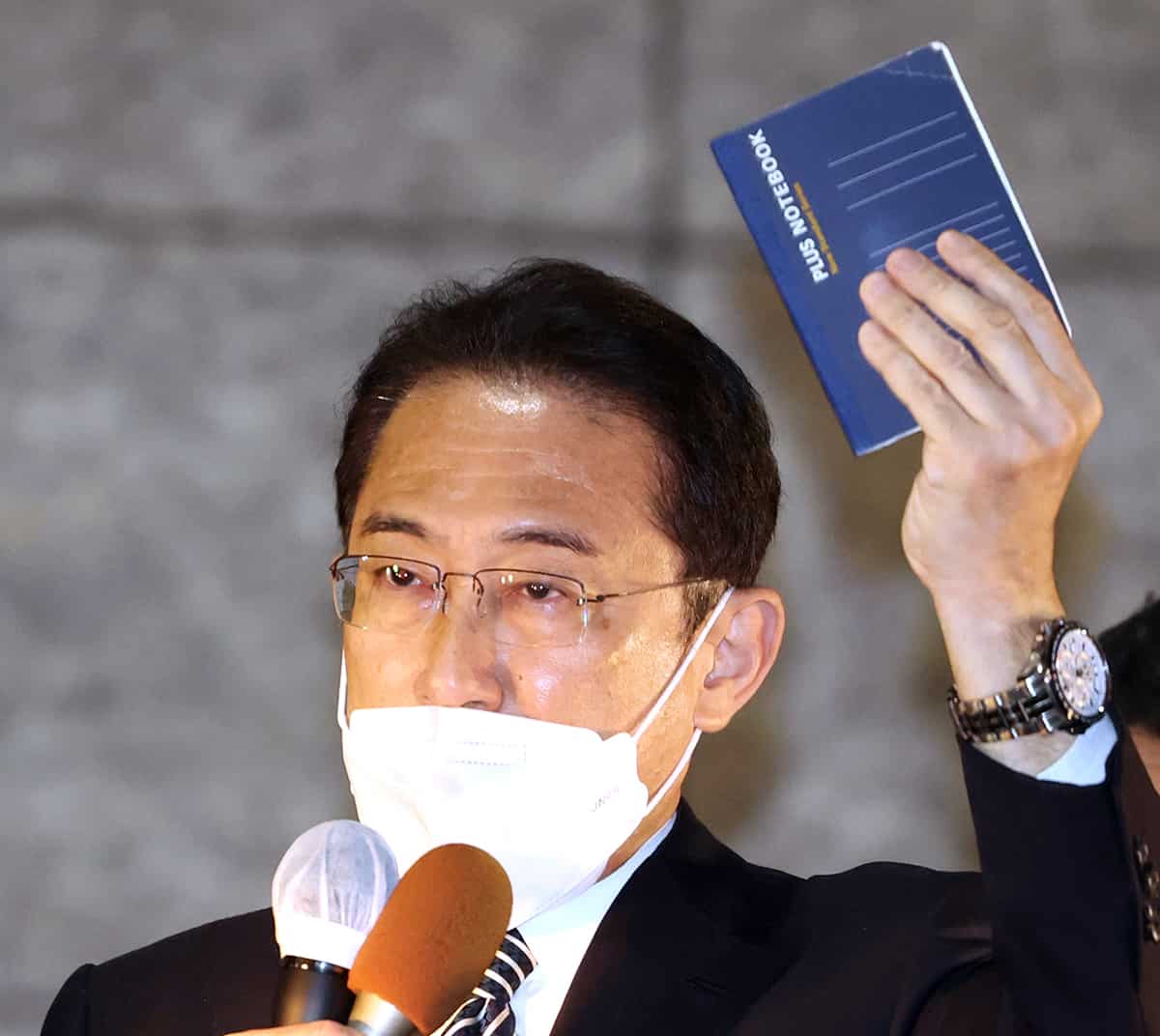Despite Fumoi Kishida’s public calls for a massive stimulus package and an even more consequential redistribution of wealth, some of his initial moves appear to confirm the dissonance between rhetoric and reality.

Japan’s new prime minister, Fumio Kishida, has a long list of bold plans for the country’s future. What he might lack is a long future as head of government. With a soft-spoken demeanor and a reputation for consensus-building, the 64-year-old former minister of foreign affairs and defense replaces Yoshihide Suga, who stepped down after only a year as his public support and political backing plummeted over his handling of the pandemic. Kishida treads on equally thin ice.
In his first speech to the National Diet, Kishida vowed to end the Covid-19 crisis, bolster the country’s defenses against threats from China and North Korea and launch a “new form of capitalism” aimed at drastically reducing the gap between rich and poor.
Yet, in the face of such lofty goals, there is little to indicate that Kishida will be a transformative prime minister, according to Amy Catalinac, an assistant professor in the department of politics at New York University. “He was put in place as leader of the Liberal Democratic Party— automatically becoming prime minister due to the party’s majority in the Lower House—by a coalition led by two of his predecessors, Taro Aso and Shinzo Abe, who continue to serve as parliamentarians,” she says. “If he loses their support, he’ll be out.”
Thus, Catalinac argues, although Kishida may have an appealing signature policy plan, it is unlikely that the content of any of his policies will represent a departure from the status quo.
Despite Kishida’s public calls for a massive stimulus package and an even more consequential redistribution of wealth, some of his initial moves appear to confirm the dissonance between rhetoric and reality. For the finance ministry post, he chose former Olympics minister Shunichi Suzuki, who is expected to maintain the relatively tight fiscal policies of recent years. Kishida also was forced to backtrack on his suggestion to raise levies on capital gains and dividends to boost wages when the Japanese stock market responded with an eight-day losing streak. As the chief executive of a country renowned for its extensive list of short-term prime ministers, Kishida knows these could be costly mistakes.



